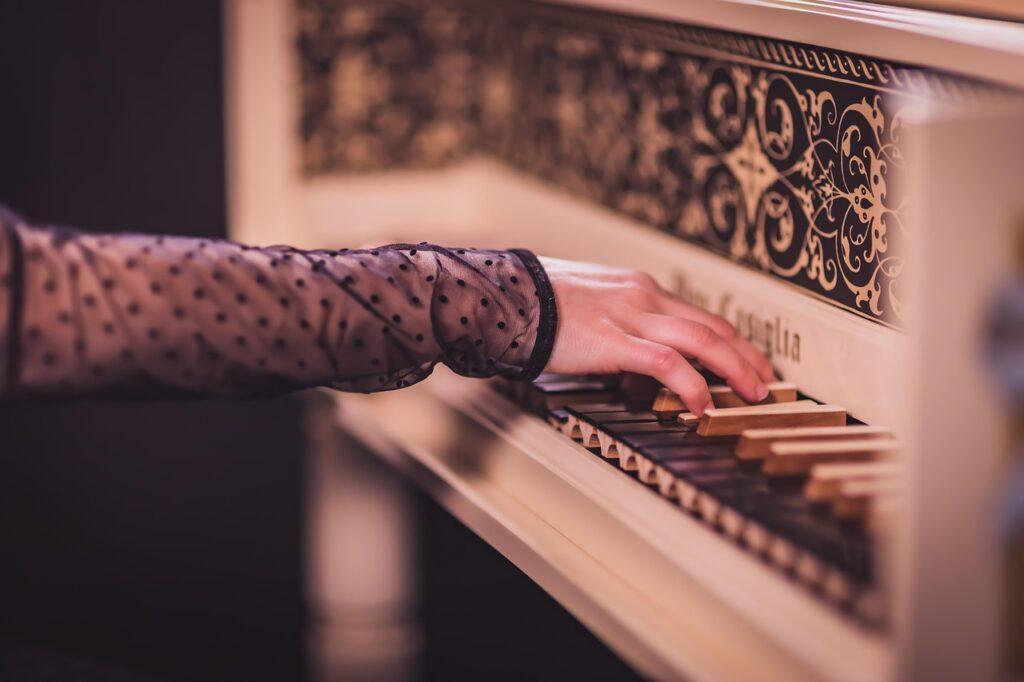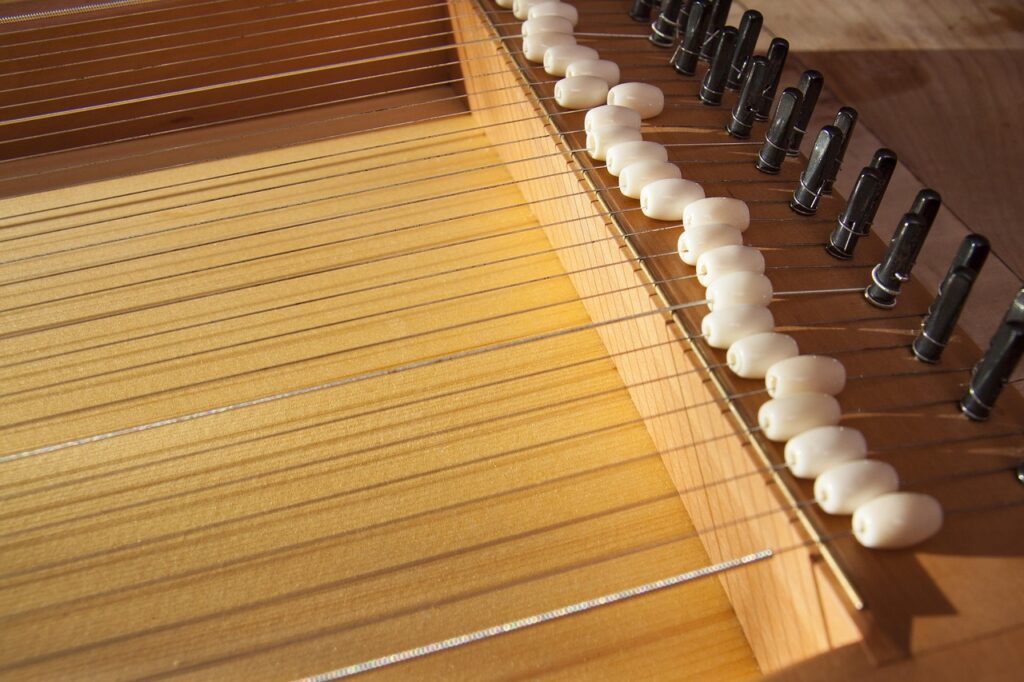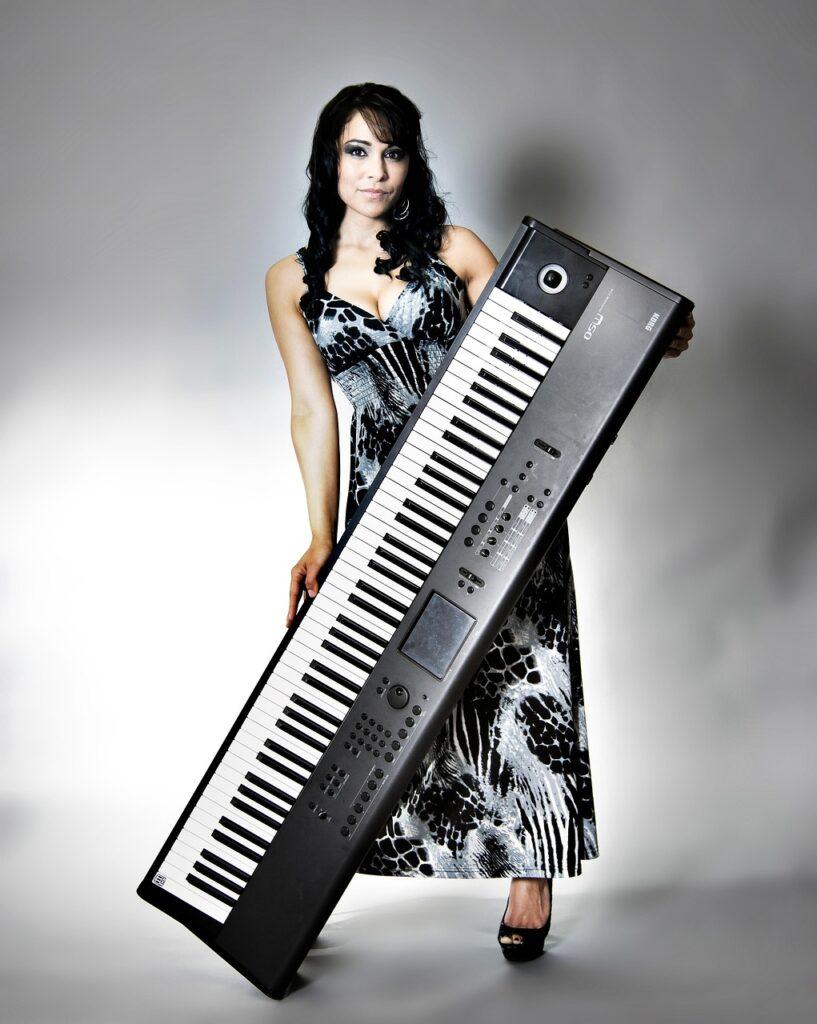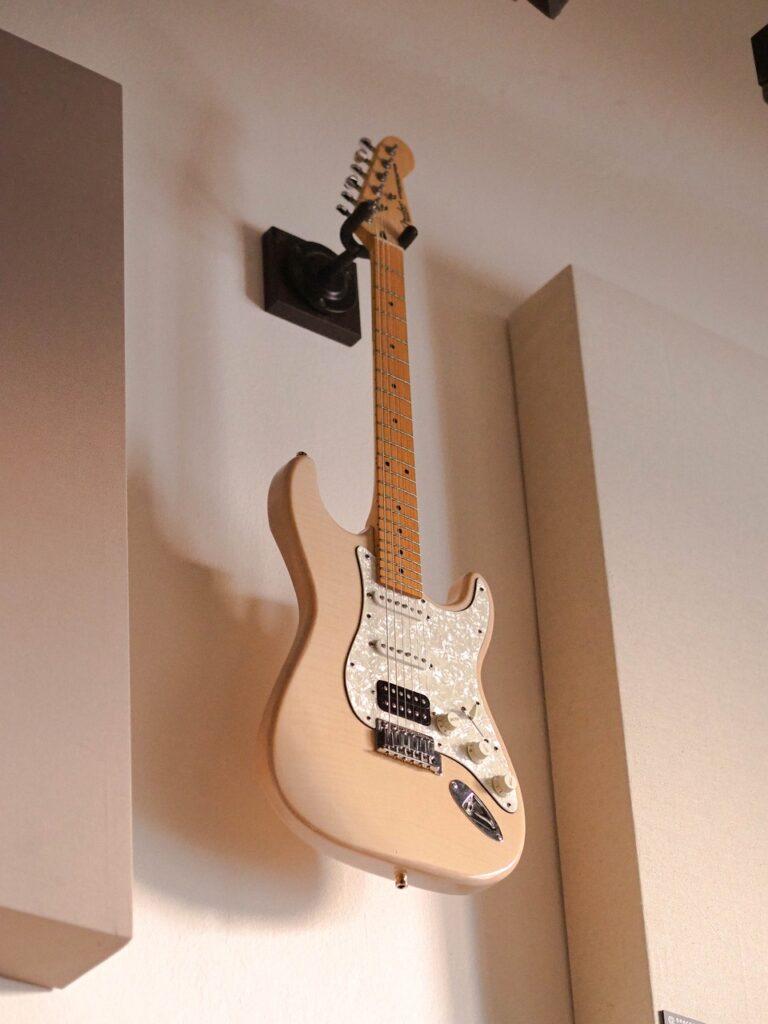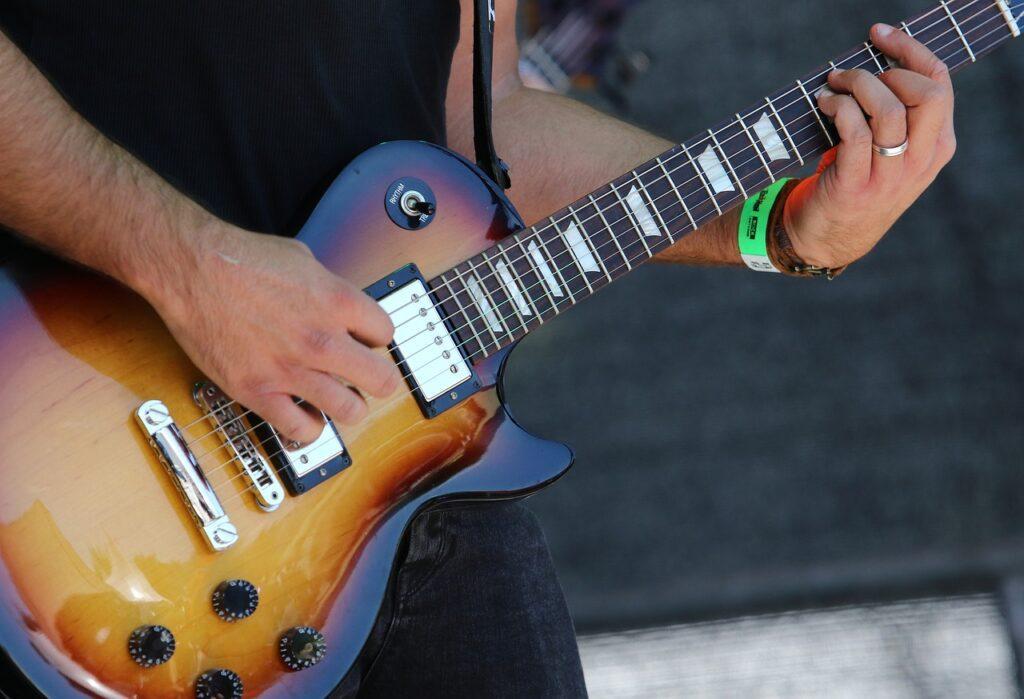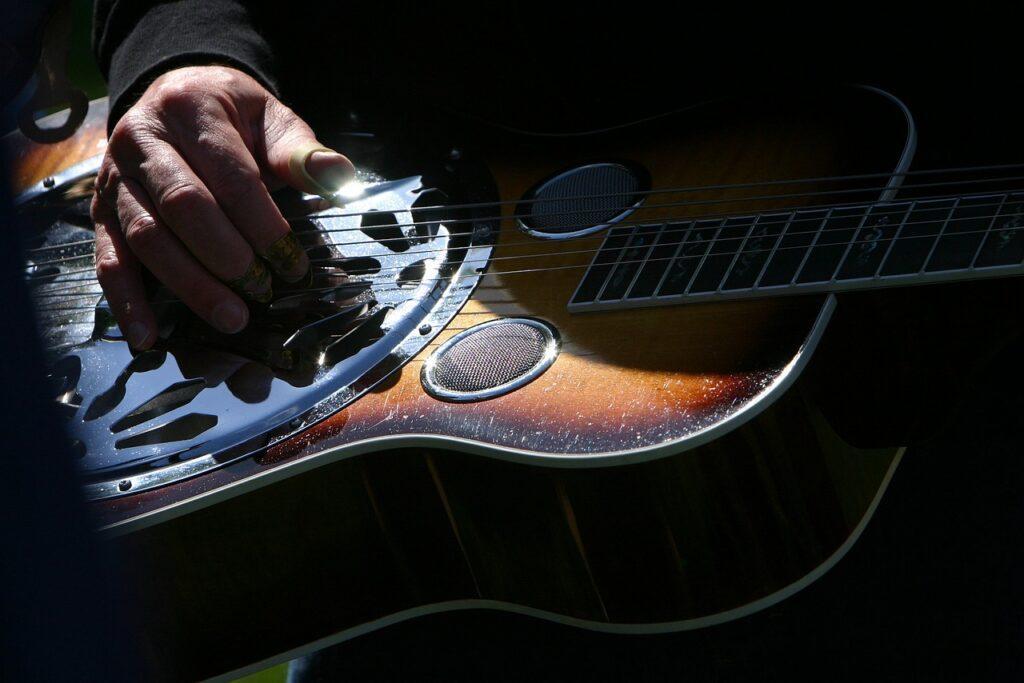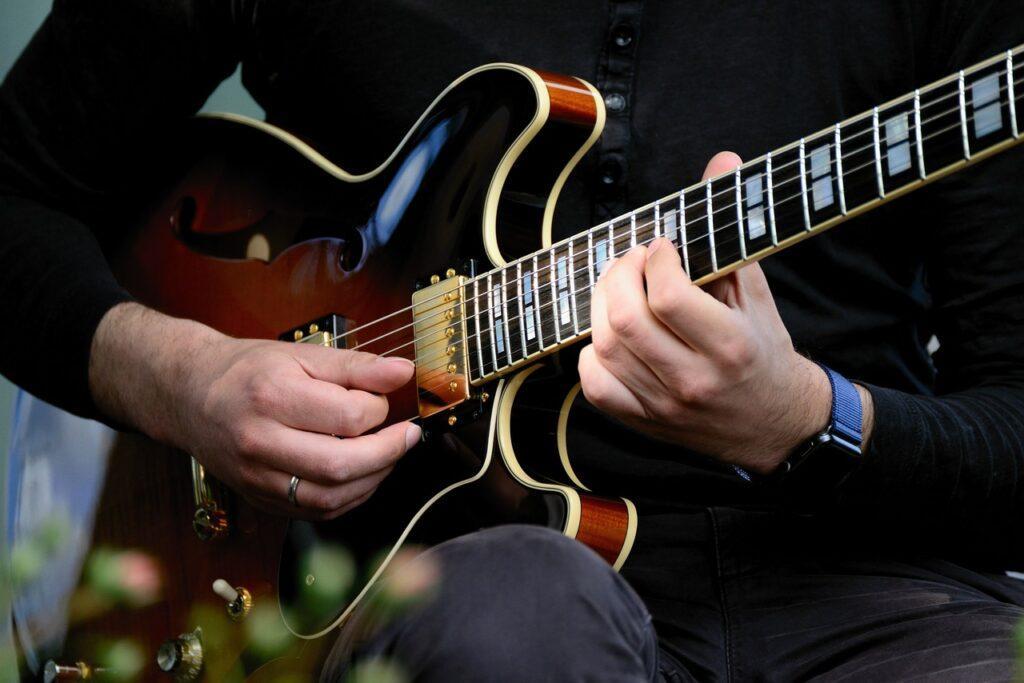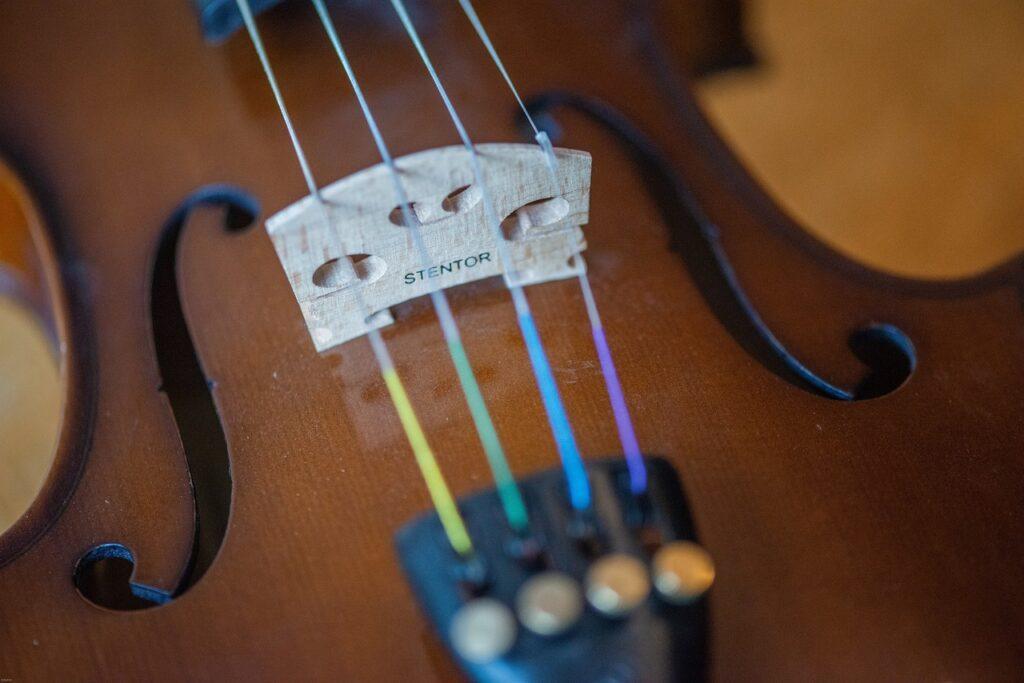Keyboard
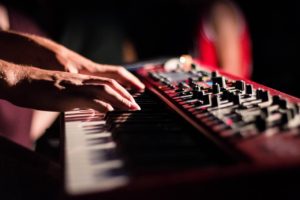
The archive contains posts with teaching tips for playing and notating keyboard music. Plus, there are posts that deal with traditional music theory and also the theory of micro tuning keyboards.
Keyboards
Do you want to know how to choose an electronic keyboard instrument?
Keyboard Instruments
A keyboard is a device that contains keys, such as the one I am typing on now. However, in music the term keyboard gets used from keyboard instruments. The name comes from the black and white keys that control the sound making part of the instrument.
Instruments such as the piano, organ, and harpsichord get termed keyboards instruments. Nevertheless, these days when someone talks about a keyboard, they mean an electronic keyboard.
The forerunner of the electronic keyboard is the electric organ (such as the Hammond organs) at least in its function within popular music, if not in its structure.
A few classes of keyboard exist:
- Budget Instruments
- Digital pianos
- Stage pianos
- Synths
Types of Instruments
Budget Instruments
The first group I called budget instruments, because I thought that sounded nicer than cheap instruments. In fact, budget keyboards come in a wide range of quality and price. They serve an important niche as low cost, beginner level instruments suitable for lessons and practicing.
Instruments adequate for lessons will have 40 to 60 keys, touch sensitivity (plays soft and loud), built-in speakers, and a plug-in pedal. Avoid instruments that have the mini keys as students will develop the wrong feel for the keyboard with the smaller keys.
Digital Pianos
The next level up in sound, playability, and price, digital pianos as a rule have a full 88 keys. They also feature touch sensitivity, weighted keys (feels more like a piano), and built-in speakers. Often, they include a frame that may, or may not, mimic the piano’s outline, as well as having built-in pedal(s).
However, more often than not digital pianos have a limited number of internal sounds. Also, the cost for these instruments vary considerably. Some are high quality with the higher price tag that goes with it. While other digital pianos clearly cater to the budget market.
Stage Pianos
The workhorses of professional players, stage pianos usually have more sounds, higher quality sounds, and higher quality playability. Designed to be plugged into an amp or PA, they do not come with built in speakers.
Synths
Basically, synths are like stage pianos, but they have the means for making new sounds. Synths create sounds programs in a number of ways, such as sampling, FM synthesis, and subtractive synthesis, to name a few. This means that a player can make one-of-a-kind sounds for either recording or live concerts.
What you plan to use the keyboard for will decide what type of instrument you get.
© 2021 Geoffrey Keith
Back to the Successful Music Student Blogs page


